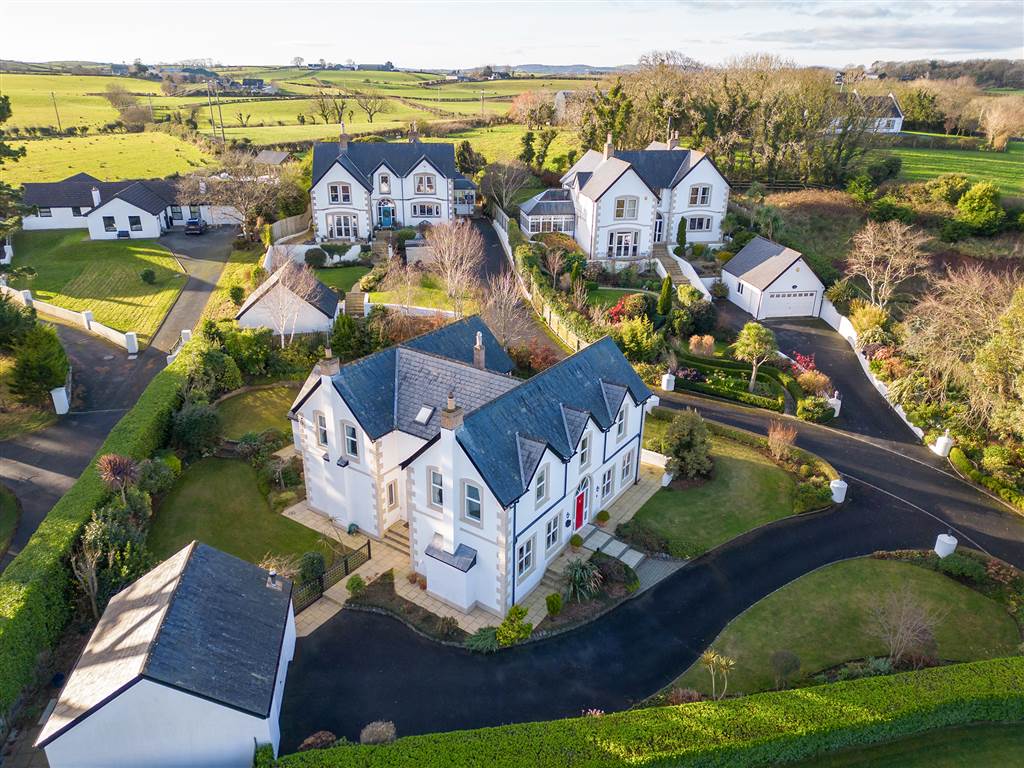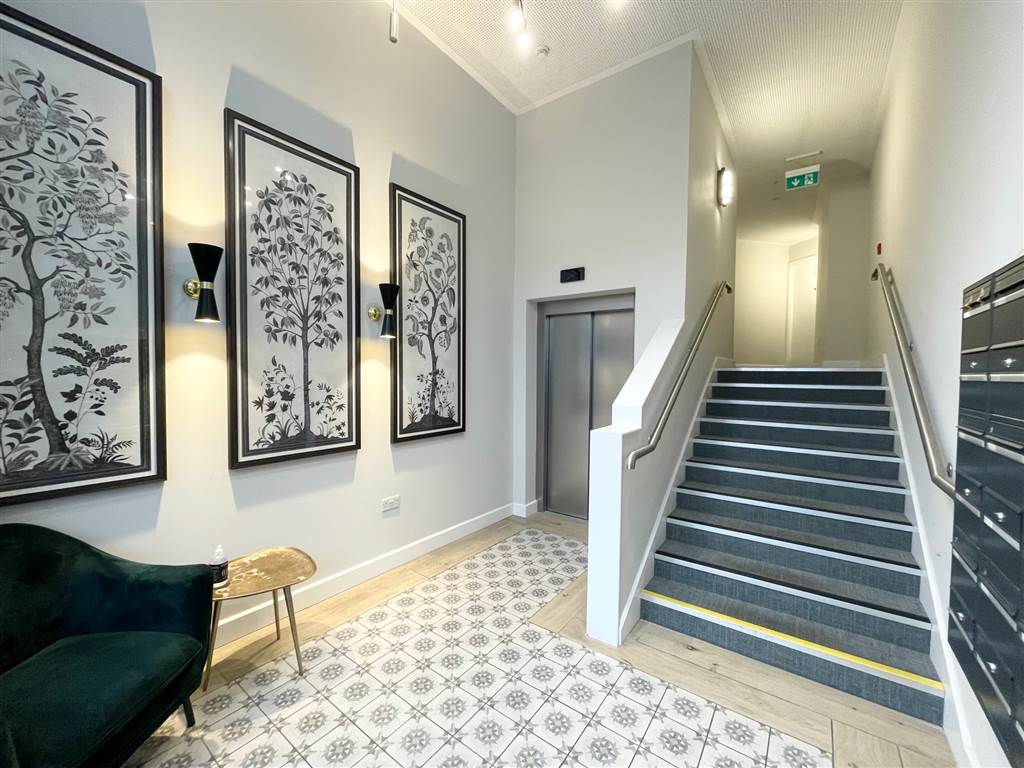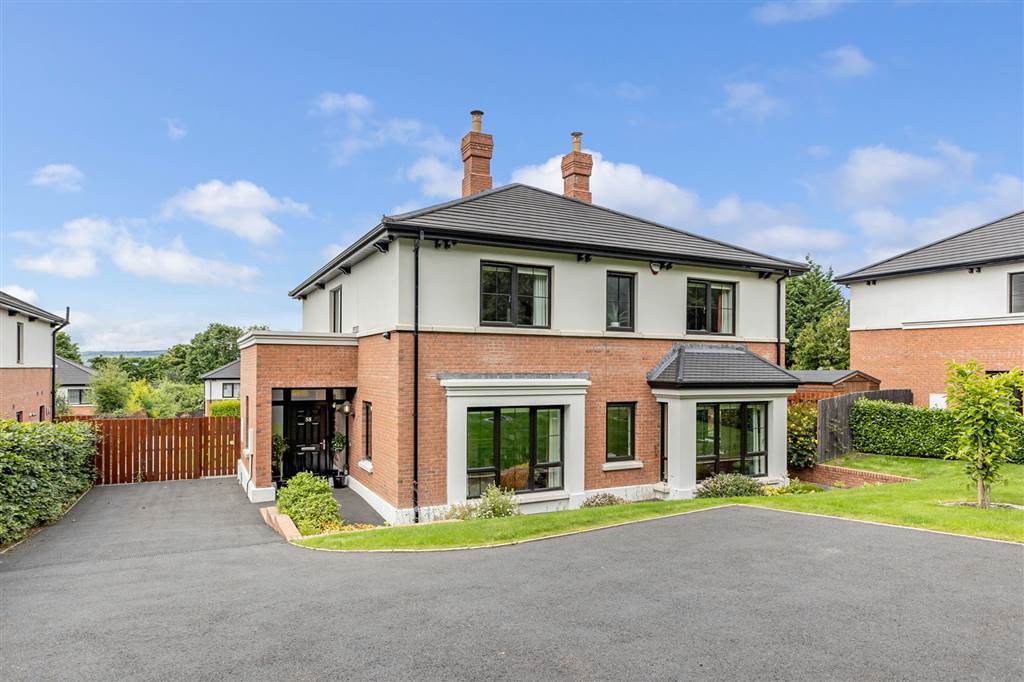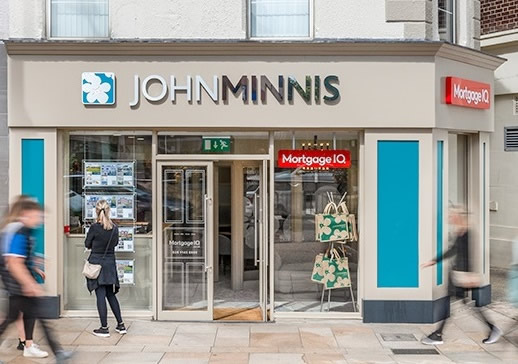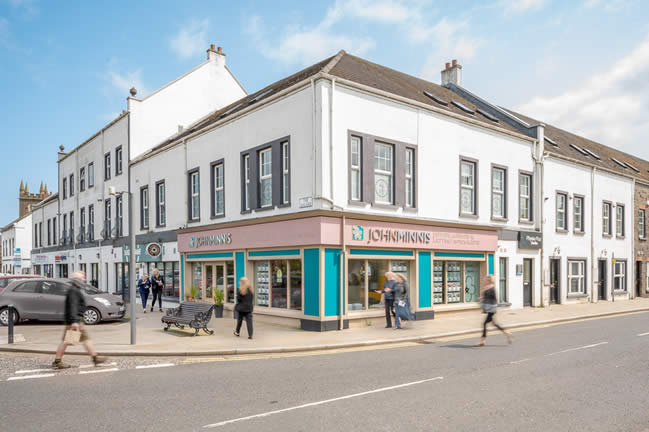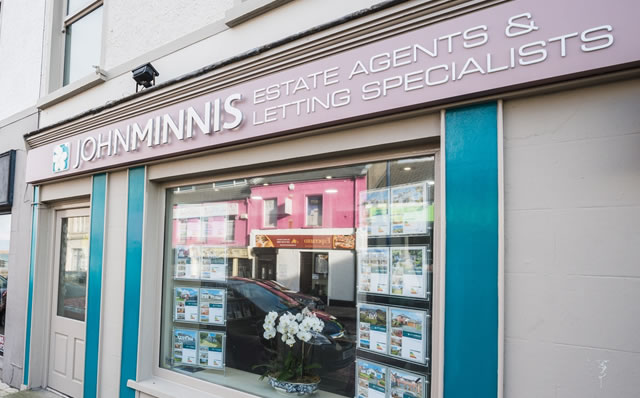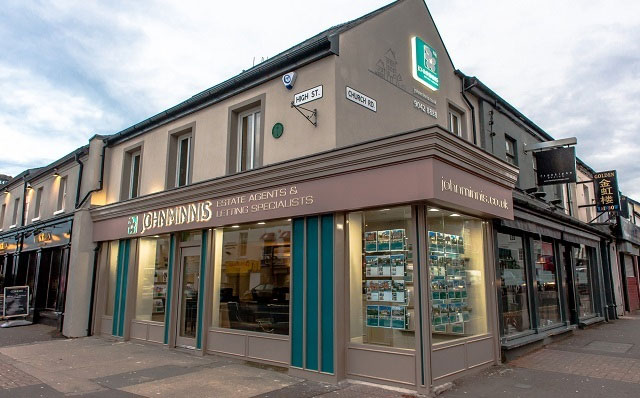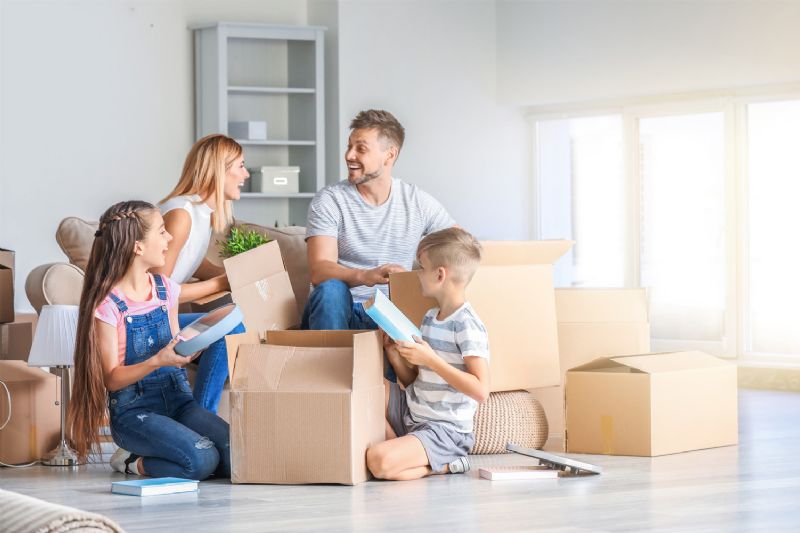Understanding your Needs and Budget
This is the best place to start your flat-buying journey. It is easy to get carried away when you are ready to find a new property, but understanding how much you can realistically afford is the first step to finding a home. This way, it will help you to understand what area and property conditions you can afford to buy or rent.Assessing your lifestyle and housing requirements
Before you start your search, it's crucial to assess your lifestyle and housing requirements. Consider factors such as the location, size of the property, number of bedrooms, type of property (single-family home, apartment, etc.), and parking arrangements. Also, think about the local amenities and transportation options you will need. All of these factors will help you determine what type of property is suitable for you.Calculating your budget and expenses
Once you have a clear idea of your housing requirements, it's time to calculate your budget and expenses. Rent in advance, tenancy deposit, and additional costs such as council tax and energy bills must be taken into account when calculating your budget. You should also check if you are eligible for any additional help such as Housing Benefits or Universal Credit.If you are looking at buying a flat but you are unsure of the costs involved, take a look at our guide to setting a budget when buying your first home.
Setting realistic expectations
It's important to set realistic expectations and be flexible in your search. If you have a strict budget, it's unlikely you'll find a spacious three-bedroom apartment in a central location. Instead, consider other areas or alternative housing options, such as shared accommodation, which can help lower your costs.Or, you may decide to consider different locations. By being flexible about living in different areas, you can cut costs quite significantly.
Where to Look for Flats
Now you know your budget and what you can realistically afford to buy or rent, it's time to check out the property market. If this is your first time searching for a property, you might not know where to start. It's worth asking friends and family for recommendations, as well as checking out the local estate agents and searching online for properties on the market.Online platforms
One of the most popular ways to search for flats is online. There are many property search websites, such as Rightmove, Zoopla, and PropertyPal, where you can find a wide range of properties to rent or buy. You can easily filter your search results based on your budget, location, and other criteria.Each estate agent will usually have their own website and social media accounts, so don't forget to search for estate agents local to you. Often, you can sign up to hear about new properties coming onto the market before they are online!
Estate agents
Estate agents specialise in helping people find properties to rent or buy. They can assist you in finding the right property and negotiate on your behalf. They often have access to exclusive properties and can provide valuable insights into the local property market.If you are searching for a property in Northern Ireland, why not take a look at the flats that we have for sale and rent?
Networking with friends and family
Networking with friends and family can also be an effective way to find a flat. They may know of a property that is available for rent or may have connections with private landlords. This approach can also provide peace of mind, as you are likely to get a more personal and accurate recommendation.However, the downside to this is that the options are more limited and might not be a suitable route if you are looking at moving to a new city.
Making the Most of Viewings
The time is here to book a viewing for a flat that you are interested in. The area looks promising and the price is within budget, so what next?There are a few important steps to take when you are viewing properties to ensure that you are certain that this is the right flat for you to buy or rent. Prepare a list of questions to ask the estate agent, research the neighbourhood and keep an eye out for any signs of damp or damage to the property, this could end up being an issue down the line!
Preparing a checklist of questions
Before you attend a viewing, it's important to prepare a checklist of questions to ask the landlord or estate agent. This includes questions about the lease or purchase agreement, the condition of the property, and any potential problems. Examples of questions to ask at your viewing are:- 1. What is included in the lease or purchase agreement?
- 2. What is the length of the lease or contract?
- 3. What are the monthly rental payments?
- 4. Are there any additional costs or charges to be aware of?
- 5. What is the process for making repairs or requesting maintenance?
- 6. Who is responsible for paying utility bills, council tax, and other expenses?
- 7. Are there any restrictions on decorating or making changes to the property?
- 8. What is the parking situation like?
- 9. Are there any local amenities such as shops, restaurants, and transport links nearby?
- 10. What is the neighbourhood like?
- 11. Are there any issues with crime or safety in the area?
- 12. Are there any planned developments or construction projects in the neighbourhood?
- 13. Is the building in good condition and well-maintained?
- 14. Are there any issues with noise or disturbance from neighbours or traffic?
- 15. What is the availability of public transportation in the area?
- 16. Are there any local schools or education facilities nearby?
- 17. What is the job market like in the area?
What to look for in a flat
During the viewing, make sure to inspect the property thoroughly. When viewing a property, you should:- Thoroughly inspect the condition of walls, flooring, windows, and doors.
- Check heating and hot water systems for proper functioning.
- Evaluate electricity and plumbing systems.
- Assess the condition of light fixtures and switches.
- Inspect kitchen and bathroom for cleanliness, functionality, and good repair.
- Check appliances in the kitchen and bathroom.
- Evaluate storage space, including cupboards and wardrobes.
- Inspect any outdoor spaces, such as balconies or gardens.
By taking the time to inspect the property thoroughly, you can get a good understanding of its condition and suitability for your needs. This will help you make an informed decision and ensure that you find the right flat for you.
Evaluating the neighbourhood
It's also important to evaluate the neighbourhood during your viewing. Consider the local crime rate and whether the neighbourhood is prone to break-ins or other safety risks. Research the local schools and their reputation to see if they would be suitable for any children in your family.Think about the job market in the area and whether there are any opportunities for employment nearby. Consider the potential for future development in the area and whether it is likely to change in the coming years.
It's important to be mindful of these factors when evaluating the neighbourhood as they will impact your quality of life and the overall value of your property. By taking the time to consider these factors, you can ensure that you find a flat that is not only suitable for your current needs but also provides long-term value.
Negotiating the Best Deal
You have found a property that you love, so it's time to negotiate a deal. If you are in a position to put down a higher deposit on a rental property or move quickly if you are buying, it could mean that you are in a better position to negotiate. Identify the key terms you would like to negotiate, if you are renting this could be the cost, deposit and length of tenancy. If you are buying then you may negotiate the price of the property and what is included in the sale. Here are a few tips to follow when negotiating:- 1. Know your budget and what you're willing to pay - Before you start negotiating, make sure you know exactly how much you can afford and what you're willing to pay for the property. This will help you determine what terms you want to negotiate.
- 2. Wait until you have found the right property - Negotiating is more effective when you have found the property you want to buy. It is easier to negotiate when the seller is motivated to sell, and you have a better bargaining position.
- 3. Look for potential problems - If you notice any potential problems with the property during the viewing, use this as an opportunity to negotiate. For example, if there is a need for repairs or renovations, you can ask the seller to reduce the price or complete the repairs before you move in.
- 4. Know the market conditions - It's important to know the current market conditions and how they may impact the price of the property. If it's a buyer's market, you may have more bargaining power, while if it's a seller's market, you may need to be more flexible in your negotiation.
- 5. Be prepared to compromise - Negotiating is about finding a solution that works for both parties. Be prepared to compromise and find a solution that works for both you and the seller.
Making a Decision and Securing a Flat
Once you have found a flat that you like, it's time to make a decision and secure it. It's important to take your time and choose the right flat for you, taking into consideration all of the factors that are important to you, such as location, size, and budget.Completing the paperwork and paying any fees
Once you have made your decision, you will need to complete the paperwork and pay any fees that are required. This may include paying a rental deposit, rental in advance, or a tenancy deposit. You will also need to sign a tenancy agreement, which outlines the responsibilities of both parties and the terms of the lease.Checking for any hidden costs or potential problems
Before you move in, it's important to check for any hidden costs or potential problems. For example, you should check if there are any additional costs, such as council tax or utilities, that you will need to pay on top of your rent. You should also check for any issues with the flat, such as damp or leaks, and make sure that these are addressed before you move in.Preparing for the move
Finally, it's time to start preparing for the move. Make a list of all of the things you need to do, such as arranging for utilities to be connected, buying any necessary furniture, and packing up your belongings. You should also make sure that you have adequate insurance in place to protect your belongings and give you peace of mind.Moving in and Settling into your New Home
Once you have moved into your new home, it's time to start settling in. Take your time unpacking and organising your belongings, and make any necessary repairs or improvements. Get to know your neighbours and the local community, and start making your new home your own.Unpacking and organising your belongings
Once you've moved into your new flat, it's time to start unpacking and organising your belongings. The first step is to prioritise which items you need to unpack first. For example, you'll probably want to unpack your bed sheets and towels first so you can start getting settled into your new home. You should also focus on unpacking the items you'll need for day-to-day living, such as your kitchen utensils, plates and cups, and any cleaning supplies.Organising your belongings is an important step in making your new flat feel like home. Take some time to figure out what storage solutions will work best for you and your belongings. You may need to buy some additional storage containers or shelving units to help keep your flat organised. You should also think about how you want to arrange your furniture to make the most of the space you have.
Making any necessary repairs or improvements
As soon as you move into your new flat, you should start looking for any repairs or improvements that need to be made. If you find any problems, such as a leaky faucet or a broken window, you should contact your landlord as soon as possible. It's important to address any repairs or improvements as soon as possible to avoid further damage or problems in the future.If you're looking to make any cosmetic improvements to your flat, such as painting the walls or replacing the flooring, you should also speak to your landlord. You may need to get their permission before making any changes to the property. However, some landlords may be willing to let you make improvements in exchange for a longer lease or a higher rent payment.
Getting to know your neighbours and community
One of the benefits of living in a flat is that you have the opportunity to get to know your neighbours and the wider community. You can start by introducing yourself to your neighbours and striking up a conversation with them. You can also attend community events and join local groups to meet new people and get involved in the community.You should also consider joining a local Facebook or WhatsApp group to stay up-to-date on any local news and events. This can be a great way to get to know your neighbours and stay connected with the community.
Making your new home your own
Finally, it's important to make your new flat feel like your own. You can do this by adding personal touches, such as photographs and artwork, and by incorporating your own style into your decor. You should also think about how you want to use your space and what furniture and items you'll need to make your flat feel like home.It's also important to maintain your flat and keep it clean and tidy. This not only helps to keep the property in good condition but also helps to create a comfortable and inviting living space.
Key Takeaways
- Understanding your needs and budget is crucial when flat hunting. This includes assessing your lifestyle and housing requirements, calculating your budget and expenses, and setting realistic expectations.
- There are various options when it comes to finding your perfect home, including online platforms, estate agents, and networking with friends and family.
- Making the most of viewings involves preparing a checklist of questions, evaluating the neighbourhood, taking note of any red flags, and what to look for in a flat.
- Negotiating the best deal includes understanding the lease or purchase agreement, identifying key terms to negotiate, getting the best rent and deposit terms, and understanding the responsibilities of both parties.
- Making a decision and securing a flat requires choosing the right flat, completing the paperwork, checking for hidden costs or potential problems, and preparing for the move.
- Moving in and settling into your new home involves unpacking and organising your belongings, making any necessary repairs or improvements, getting to know your neighbours and community, and making your new home your own.
- Other key terms to consider in your flat hunting journey include rental property, rental income, council tax, single people, private landlords, additional costs, Housing Benefit, tenancy deposit, tenancy agreement, and housing associations.
- Flat hunting can be a challenging and time-consuming process, but by following these tips and tricks, you can find your perfect home with peace of mind.


